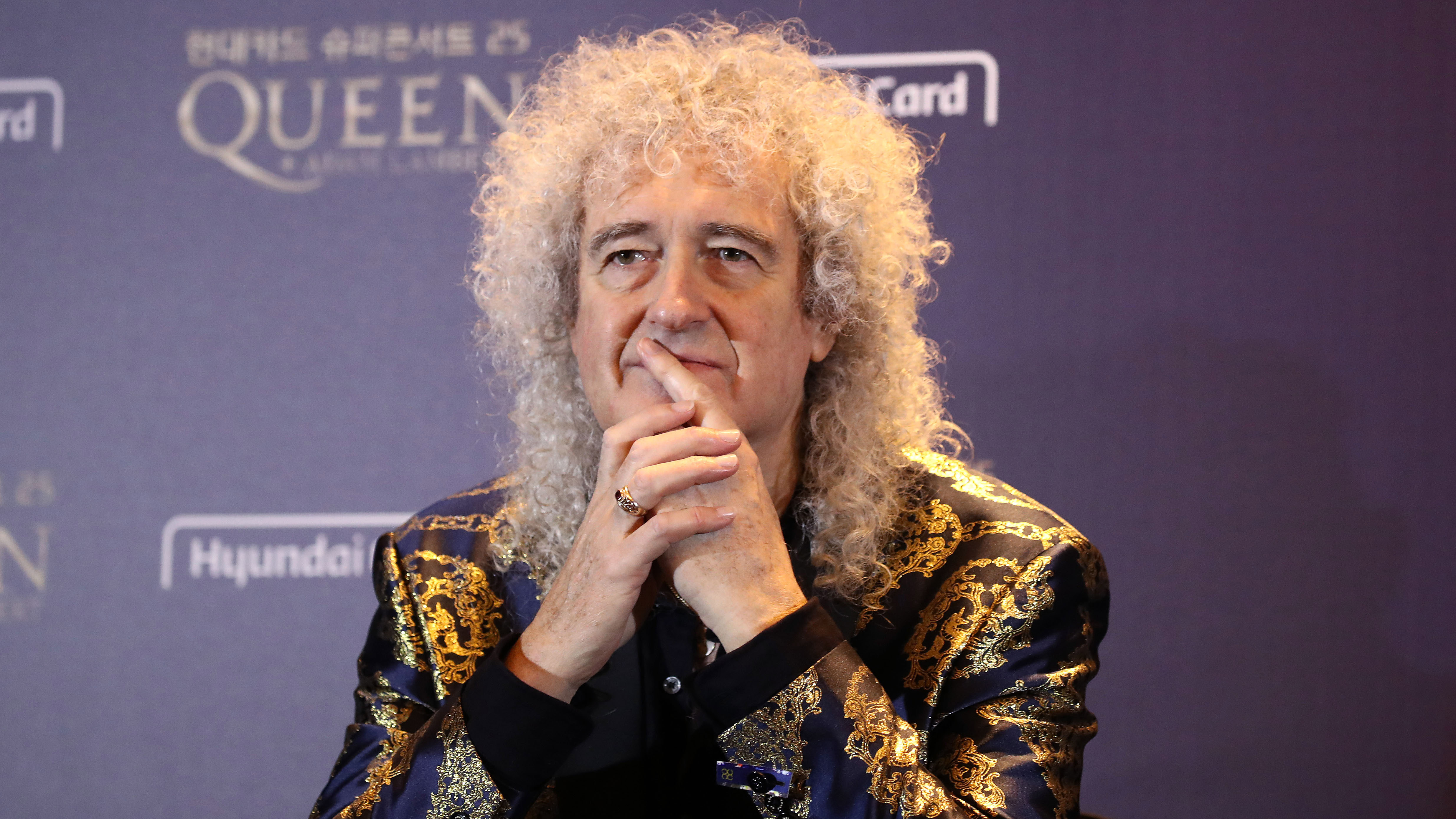
Of all the bonafide rock guitar heroes, none are as open and willing to be vulnerable in the public sphere as Brian May. It's made him more heroic in ways few could have expected, and while he's been open about his mental health in recent years, the Queen legend revealed he still has feelings of imposter syndrome during a recent appearance on classical guitarist Rosie Bennet's Fret Not podcast. It's a reminder that our psychological struggles don't just fade away in response to perceived success.
"All the time," May confirms when Bennet asked if he's ever suffered from the feelings of not belonging, or being worthy enough that 'imposter syndrome' summarises. "I always walk into a room even now, and I'm supposed to be Sir Brian May, and I think, 'Ooh, what do people think? Maybe I shouldn't be here.' Yeah, I get that a lot and until people start speaking to me I always assume that A) they don't know who I am and B) they wouldn't be interested anyway, and C) I'm gonna bore them to death. I get that a lot."
In a way, it's a healthy thing because it stops you from getting too arrogant and making assumption
It's an incredibly candid admission in a revealing interview, one that many of us can surely relate to in our own ways. The guitarist goes on to explain that those feelings haven't gone away with time, even though he's more acclaimed as an artist, and as the world's foremost guitar icon in the science world, than ever. But for him at least, it has an upside.
"I don't think it ever really goes away, and then logic tells you, 'Oh, ok I'm that person and people will expect this, they won't expect me to be a 16-year-old anymore, they expect me to know what I'm doing. In a way, it's a healthy thing because it stops you from getting too arrogant and making assumptions. So it doesn't bother me that much.
"I feel it even more in scientific circles I think, because I went away from science and then I came back. And I did get my PHD [in 2007] without any jigger- pokery – they were really hard on me, I know that for a fact. I didn't get it easy. But nevertheless, I feel like I went away from that community and then came back, so I do think, am I justified in calling myself an astronomer and an astrophysicist? Sometimes I think I'm not but I have my own niche that I do. And the niche that I have in astrophysics is the stereoscopic niche, so I do astro-stereo photography, and there ain't many people in the world that do that so I can kind of hold my head up in that little tiny area."
Check out the full interview above.







